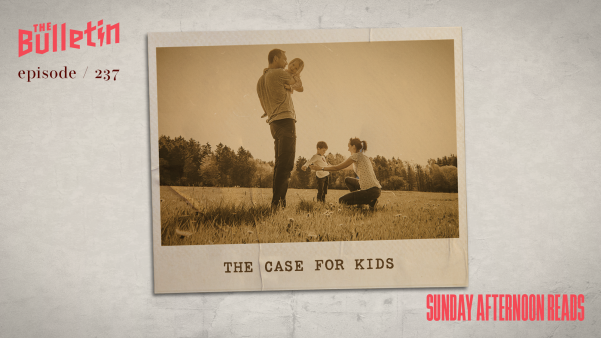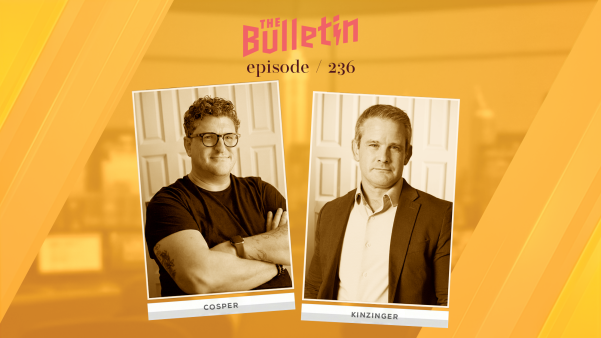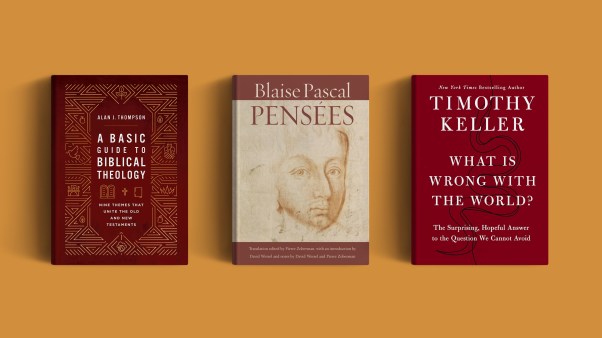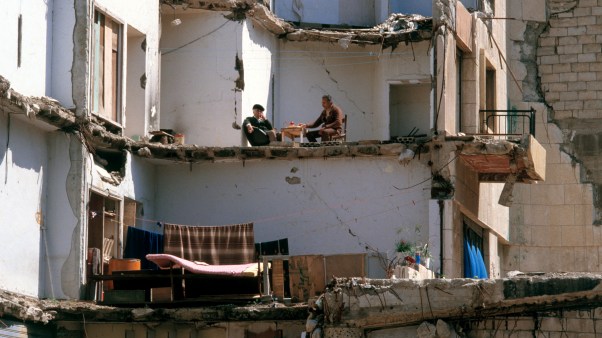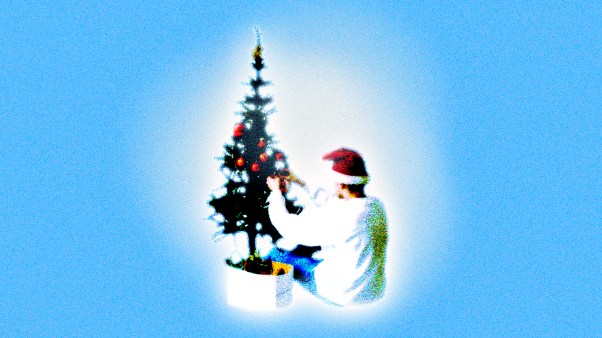The removal by the federal authorities, with the co-operation of churches, of many Aboriginal children—now known as the “stolen generations”—from their families between 1910 and 1970 remains one of the most sensitive and hotly debated issues in Australian society. Many of the children were put in church-run institutions where it was intended they should adapt to white culture.
The council represents 13 major churches, including Catholic, Anglican, Lutheran, Uniting, Orthodox and the Salvation Army. In a statement last week the council’s executive body recommended the establishment of a “healing commission” and a national government fund to either compensate or otherwise help the victims of forcible removal.
The National Council of Churches has now publicly committed itself to educating the churches on their involvement in the history of child removal, making church and agency records accessible and addressing allegations of abuse in church-related institutions.
In a public statement, the council’s executive described the removals as “a complex tragedy,” adding that “the fundamental truth of the stories of the Stolen Generations, and their pain, cannot be denied. As representatives of the churches, we call on our people, and the nation at large, to acknowledge the validity of the Bringing them Home report and its recommendations.”
The Bringing Them Home report was the result of an inquiry by the Australian Human Rights and Equal Opportunity Commission, a federal government body, into the forced separation of Aboriginal and Torres Strait Islander children from their families. The report found that between one in three and one in 10 indigenous children were forcibly taken from their families between 1910 and 1970, though this figure has since been disputed. The children had been removed from their families for racist reasons, which amounted to genocide, the report said.
The report recommended the federal government apologize to the stolen generations on behalf of all Australians, and also that compensation be paid.
Since the report was released in 1997 it has remained at the center of ethical, intellectual and political debate in Australia. Conservative Prime Minister John Howard has consistently refused to apologize, saying that present-day Australians should not be held responsible for the deeds of their ancestors. He has, however, expressed “deep and sincere regret” for the wrongs of the past.
The federal government has also vigorously defended a civil case for compensation brought against it by two Aboriginal people taken from their families. Their case was unsuccessful, but the petitioners are appealing.
Meanwhile, all state governments have apologized to the stolen generations, as have most of the churches involved in implementing the removal policies and running the institutions to which many children were taken.
Thousands of Australians have signed “sorry books” apologizing to those concerned.
However the Bringing Them Home report and its authors have been attacked by conservatives who claim it is poorly researched and inaccurate. The commentators have raised the issue of the reasons for the children’s removal from their families, suggesting that in many cases it was done for the welfare of neglected children. The use of the term “genocide” has been sharply attacked, with debate centering on the definitions of the word.
It is now generally accepted that the estimate of the numbers of children taken from their families was too high. A figure of one in 10 is thought to be more accurate, with great variations depending on the period and the place.
Most recently, a prominent commentator, Robert Manne, has published an essay accusing conservatives and the federal government of being “in denial” of the facts of history. Manne says that some examples of this denial are the equivalent to a denial of the Jewish Holocaust.
He defends the Bringing Them Home report, while acknowledging that, due to poor funding of the inquiry by the federal government, its historical research was flawed. The report is nonetheless valuable, according to Manne, because it exposed the heart-wrenching stories of those who were removed.
The acting general secretary of the National Council of Churches, Carolyn Kitto, told ENI she thought the debate about numbers was “irrelevant. If this happened to even one child it needs addressing. I think this is a really important step for the churches to be taking together.”
Kitto said the “healing commission” proposed by the council would include representatives of the churches and the stolen generations who would “listen to ways in which healing can be achieved.”
Copyright © 2001 ENI.
Related Elsewhere
The Bringing Them Home report is available at the Australasian Legal Information Institute‘s site. The Australian Human Rights and Equal Opportunity Commission has more information about the report and other “stolen children” resources.The National Council of Churches in Australia‘s site has a press release about its Bringing Them Home affirmation.
Other Christianity Today articles about Australia include:
Australia’s Church Leader’s Views on Sexuality Ignite Controversy | Head of country’s Anglicans calls for blessing of same-sex “friendships” (June 4, 2001)
Australia’s Leading Catholic Conservative Archbishop Gets a Promotion | Appointment of George Pell to archdiocese comes as surprise to parishioners—and to Pell himself. (Apr. 3, 2001)
Olympic Chaplains Not Taken Seriously, Christians Claim | Australian Christians say the Olympic committee views chaplains as just another group of volunteers. (Sept. 18, 2000)
Church Leaders Take a Desert Trek to Bridge Australia’s Divisions | Questions over apology strain reconciliation efforts between aboriginal and white populations. (June 15, 2000)
Australian Archbishops in Public Row over Christ’s Role | Head of church accused of denying significance of resurrection and Christ’s uniqueness (May 1, 2000)
Australian Church Agrees to Run Controversial Room for Injecting Drugs | Uniting Church steps in after Catholics withdraw under Vatican pressure (Dec. 9, 1999)
Australia’s New Anglican Leader Promises to Remain Outspoken | Peter Carnley was first to ordain women priests—before female ordination agreed by General Synod. (Feb. 7, 2000)
Christians Oppose Threats to Welfare (Apr. 26, 1999)
Christians Want Shock Rocker Manson Banned (Jan. 11, 1999)
Party Calls for Immigration Cuts (Oct. 5, 1998)
Racing Fans Can Find Faith at Track (Sept. 7, 1998)
Prostitution Museum Prompts Protests (Apr. 27, 1998)
Aboriginals, Whites Seek Reconciliation (Dec. 8, 1997)
More news articles and resources on aboriginal concerns in Australia and New Zealand are available at Yahoo’s full coverage area and Apology Australia.

